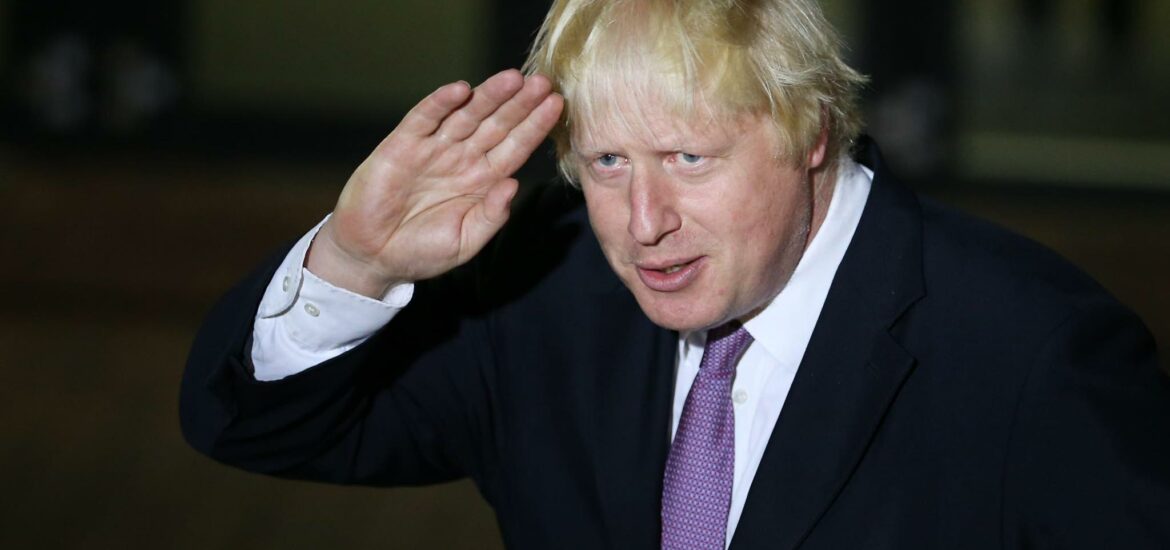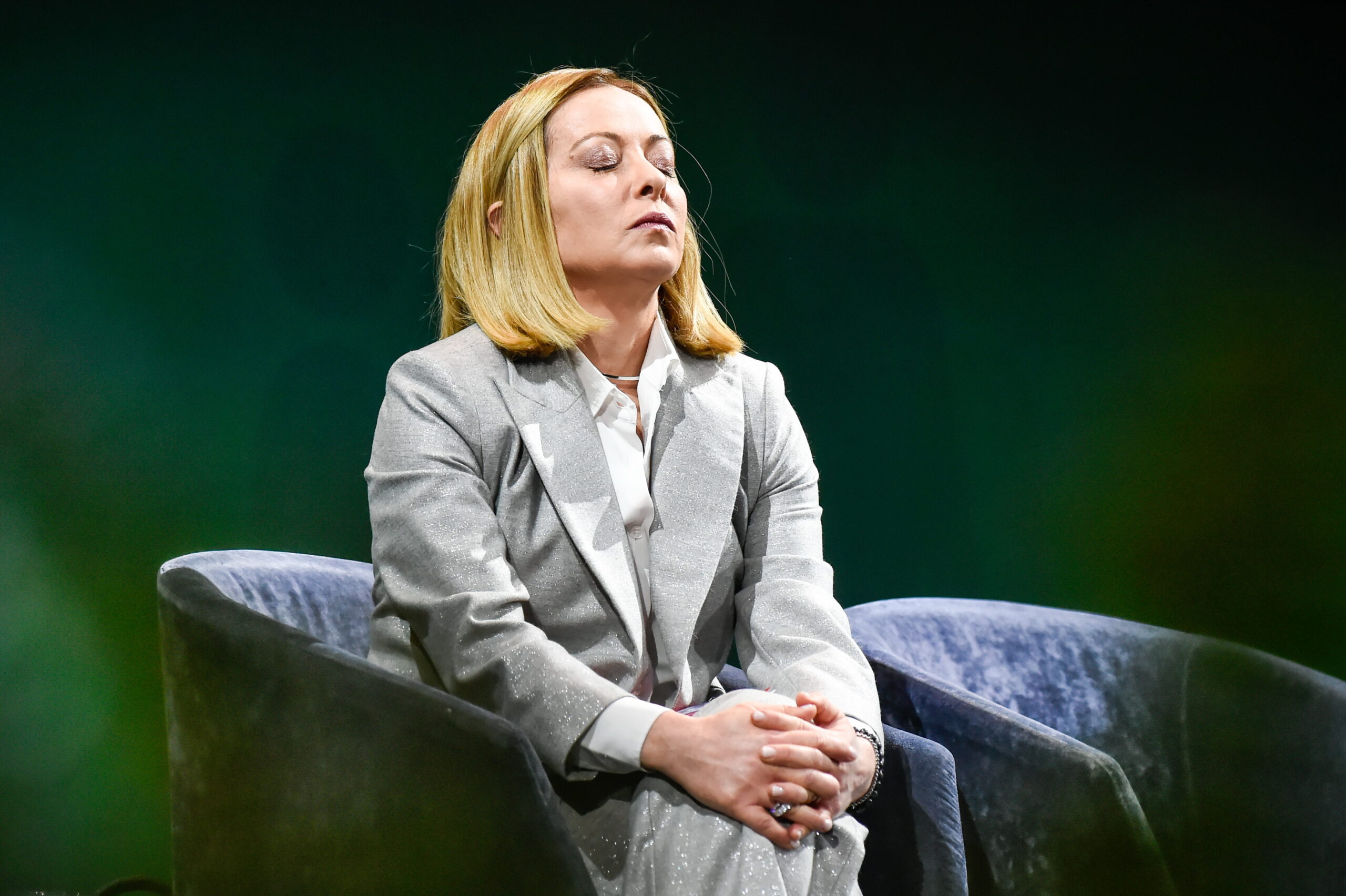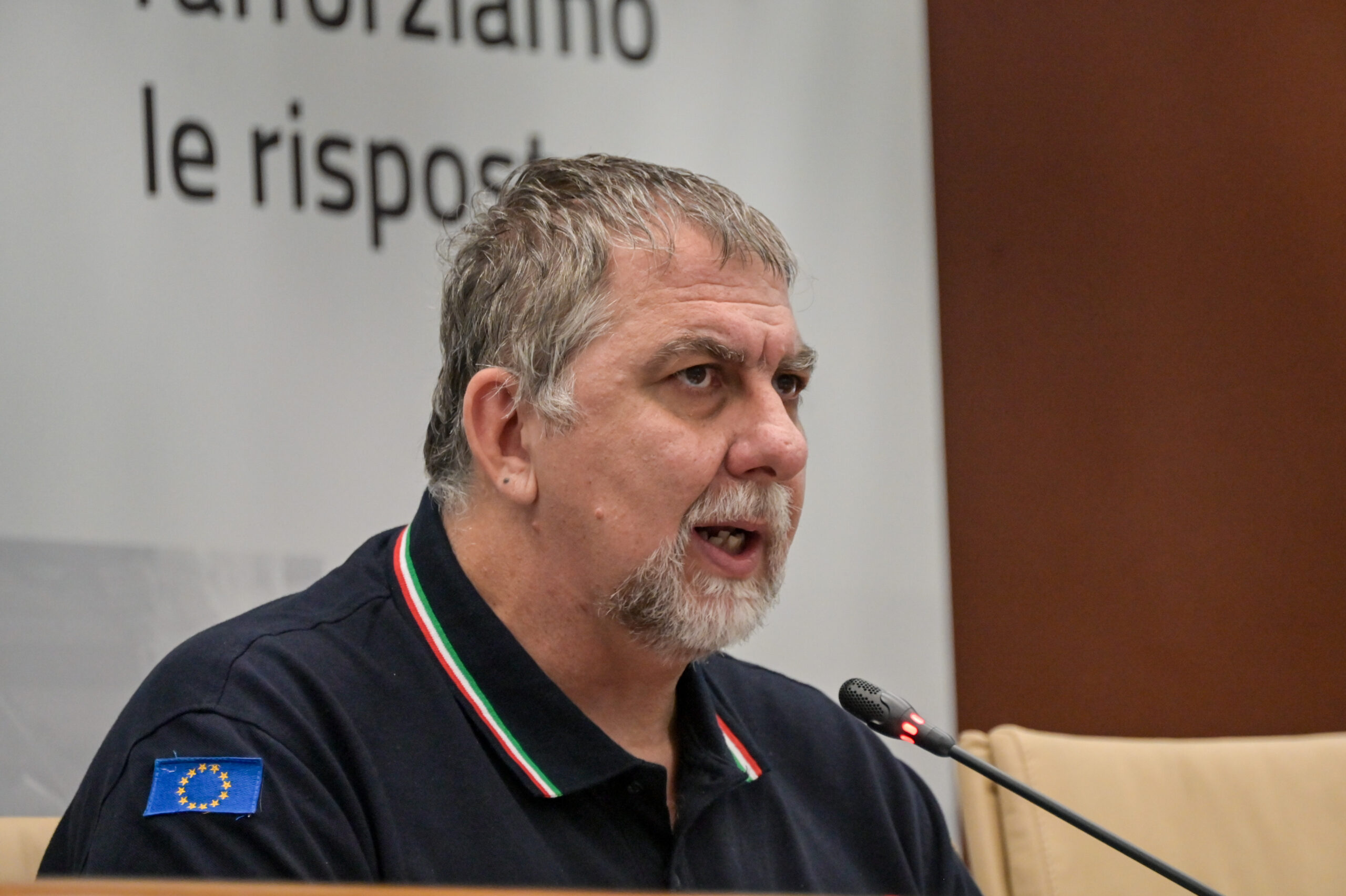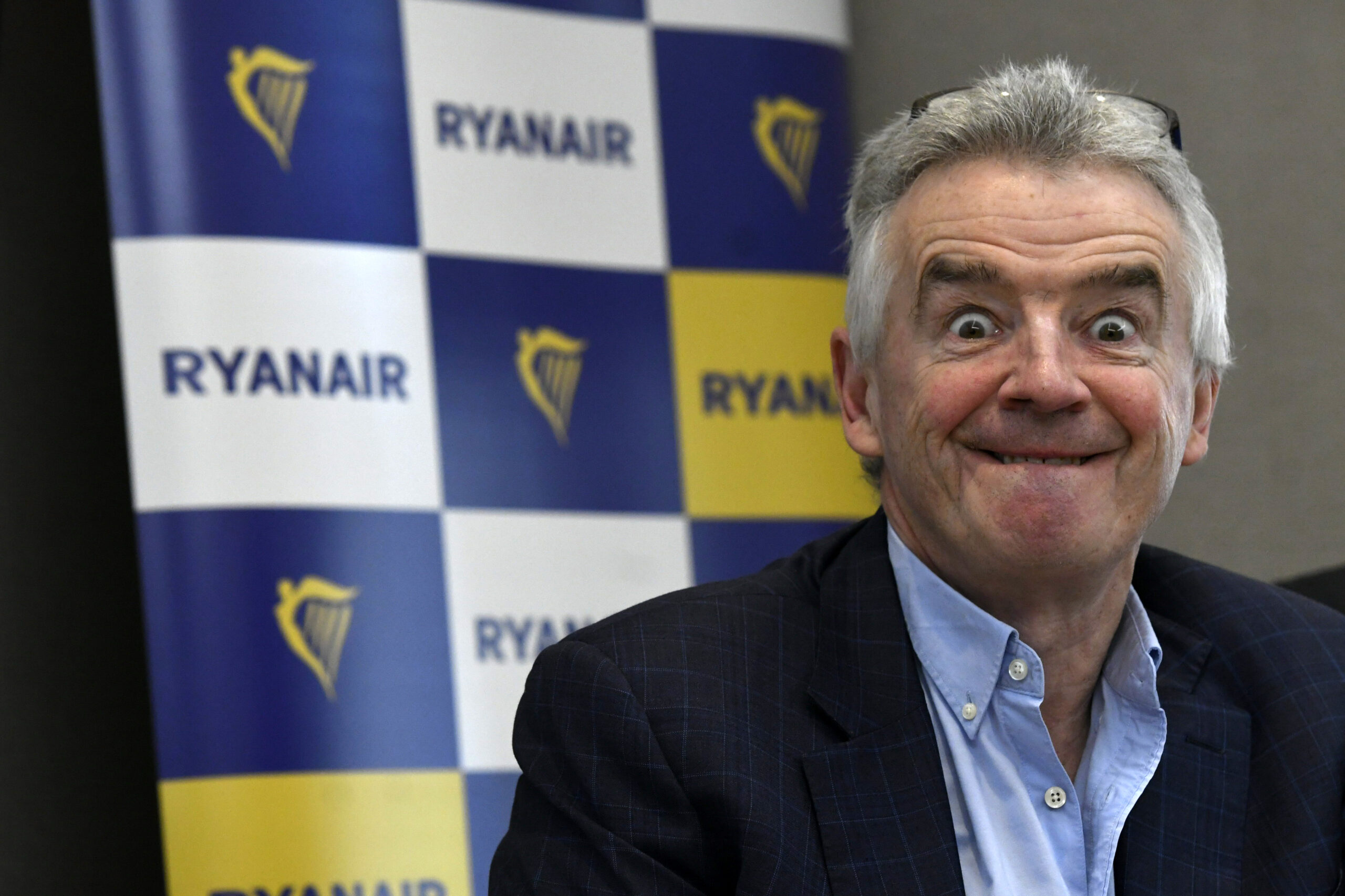E’ stato chiuso l’accordo commerciale sulla Brexit tra Unione Europea e Regno Unito.
The deal is done. pic.twitter.com/zzhvxOSeWz
— Boris Johnson (@BorisJohnson) December 24, 2020
Il premier britannico Boris Johnson ha celebrato il raggiungimento di un accordo con l’Ue per il post-Brexit postando su Twitter una foto con entrambi i pollici alzati. “L’accordo è fatto” è il commento che segue. Lo stesso BoJo in una conferenza stampa si è rivolto agli ex partner dell’Ue: “Noi continueremo a essere vostri amici, vostri alleati, vostri sostenitori e non ultimo il vostro principale mercato”, ha assicurato commentando un’intesa destinata nelle sue parole a “dar certezze” al popolo britannico come agli altri popoli europei, “al business” e alla cooperazione “per la sicurezza e la ricerca” scientifica, cruciale in questa fase anche contro il Covid. Un’intesa che chiude “un anno difficile”, ha concluso Johnson, augurando a tutti “buon Natale”.
L’accordo bilaterale siglato da Unione Europea e Gran Bretagna è il “maggiore mai segnato da entrambe le parti, coprendo scambi per un valore pari a 668 miliardi di sterline nel 2019”, si legge in un comunicato di Downing Street.
“Abbiamo realizzato questo ottimo accordo per l’intero Regno Unito in tempi record e in condizioni estremamente difficili, il che protegge l’integrità del nostro mercato interno e la posizione dell’Irlanda del Nord al suo interno”.
“Abbiamo portato a termine la Brexit e ora possiamo sfruttare appieno le fantastiche opportunità a nostra disposizione come nazione commerciale indipendente, stringendo accordi con altri partner in tutto il mondo”.
“Abbiamo trovato finalmente un accordo, un buon accordo bilanciato e giusto per entrambe le parti” ha detto la presidente della Commissione europea, Ursula von der Leyen, durante la conferenza stampa sui negoziati con il Regno Unito.
ECCO ALCUNI BREVI ESTRATTI DELLO SPECIALE DI POLITICO.COM SULL’ACCORDO UK-UE PER LA BREXIT:
Rare win for Boris Johnson — but Brexit storm hasn’t passed
The U.K. prime minister portrayed the Christmas Eve free-trade and cooperation deal struck between the EU and the U.K. not only as an economic and social good, but a moment of political catharsis for the country.
“We have also today resolved a question that has bedeviled our politics for decades and it is up to us all together as a newly and truly independent nation to realize the immensity of this moment and to make the most of it,” Johnson said at a Downing Street press conference shortly after the deal was struck.
Domestically, it is no doubt a political victory. At the end of a year in which the prime minister has sustained heavy criticism for his handling of the coronavirus pandemic and has repeatedly failed to live up to promises, Thursday marked a rare win.
Internationally, the agreement avoids an acrimonious end to the Brexit transition period that might have soured relations not only with Europe, but with an incoming Joe Biden administration in the U.S. that would have looked dimly on a no-deal breakdown in trust between London and the capitals of the EU. Despite plenty of bad blood on the route to the deal, both sides welcomed the agreement with warm rhetoric.
Whether it truly ends the “European question” in British politics — as former Prime Minister David Cameron had hoped to do and Johnson claimed his deal will do — is far more doubtful. And it also raises fundamental new issues, not least about the future of the U.K. itself, that could yet come to define Johnson’s premiership far more than 2020’s 11th hour deal-making.
UK pulls out of EU’s ‘extremely expensive’ Erasmus scheme
British students will not be able to study at European universities with an Erasmus+ grant from 2021 and neither will EU students in the U.K., after the U.K. declined to continue participating in the EU’s flagship student mobility scheme.
Prime Minister Boris Johnson confirmed news first reported by POLITICO that a deal with the EU on Erasmus+ had been impossible because it was deemed by London as too expensive.
However, he confirmed plans to launch a domestic scheme to help British students going to universities in and out of Europe. It will be called the Turing scheme, after mathematician Alan Turing, Johnson announced.
Speaking at a press conference from inside Downing Street on Thursday, Johnson said breaking away from Erasmus+ was a “tough decision”.
“The issue really was that the U.K. is a massive net contributor to the continent’s higher-education economy because over the last decades we had so many EU nationals, which has been a wonderful thing, but our arrangements mean the U.K. exchequer more or less loses out on the deal,” Johnson said. “Erasmus was also extremely expensive”.
Energy connection
According to an EU official, there is also a link with the energy chapter of the deal. If the U.K. denies the EU access to its waters after the transition period, Brussels could decide not to prolong the agreements made in the energy chapter. There is also the possibility of safeguard measures, but they have to be proportionate to the economic and social impact caused by the actions and will be arbitrated by an independent tribunal.
In a first reaction, fisheries organisations on both sides of the Channel objected to the deal.
On the U.K. side, Barrie Deas, chief executive of the National Federation of Fishermen’s Organisations, said that it was clear that Johnson “wanted an overall trade deal and was willing to sacrifice fishing.”
“The broad feeling is that the U.K. has made significant concessions on fish in order to secure a trade deal,” Deas said. “I think the industry will be extremely disappointed. We have secured increases in quota from the EU but they don’t come anywhere close to what our entitlement is in international law.”
The European Fisheries Alliance said that EU fishermen are paying a high price for a Brexit agreement. “The present deal is a significant blow that leaves them facing an uncertain future,” said Gerard van Balsfoort of the European Fisheries Alliance.
However, not one of the EU’s coastal countries criticized the fisheries part of the deal in their initial reactions to the deal. But some, such as France, the Netherlands and Belgium, said they now have to study the deal more closely, that might still happen.
The EU’s chief negotiatior Michel Barnier acknowledged that the agreement will require some efforts from European fishermen. “But the European Union will be present alongside European fishermen to accompany them. This is our commitment.”
More concretely, an EU official said that fisheries were “one of the areas which we had particularly in mind” when the Union designed the Brexit Adjustment Reserve of €5 billion which will go to countries and industries that are worst affected by Brexit.
Services
On services, by quitting the single market, it was made clear during the negotiations that the U.K. lost some market access for trade in financial services. This is still the case since there is no provision for the sector in the agreement. More than 40 percent of the U.K.’s exports to the EU are services, and the sector accounts for around 80 percent of the U.K.’s economic activity.
Passporting, which allowed automatic access to the single market, is gone, as is a key ask from British business lobbying groups: Mutual Recognition of Professional Qualifications (MRPQs), the mechanism that allows workers such as doctors, engineers and architects to have their qualifications recognized across member states. This will not be simply rolled over.
The devil will be in the detail of the full document on MRPQs and other frameworks for recognition of standards. The short summary document from the EU on the deal says there will be: “Facilitations for short-term business trips and temporary secondments of highly-skilled employees.” The U.K. side said: “From early 2021, the government will provide help and guidance to U.K. regulatory authorities and professional bodies” on how to make use of a framework for MRPQs within the deal.
For smaller contracts — the size of which is not yet detailed — the two parties will be able to access one another’s public procurement markets. This is particularly significant given the huge levels of government investment likely on both sides as they try to recover from the devastating impact of the coronavirus pandemic.
There’s a provision for the flow of data until the two sides decide that each other’s data protection rules are strong enough to allow data to move between the U.K. and the EU. But this temporary provision will last for “no longer than 6 months,” the U.K. said.
In an acknowledgement of how embedded EU and U.K. citizens are within one another’s jurisdictions, the deal will provide for coordination of some social security benefits such as pensions.






